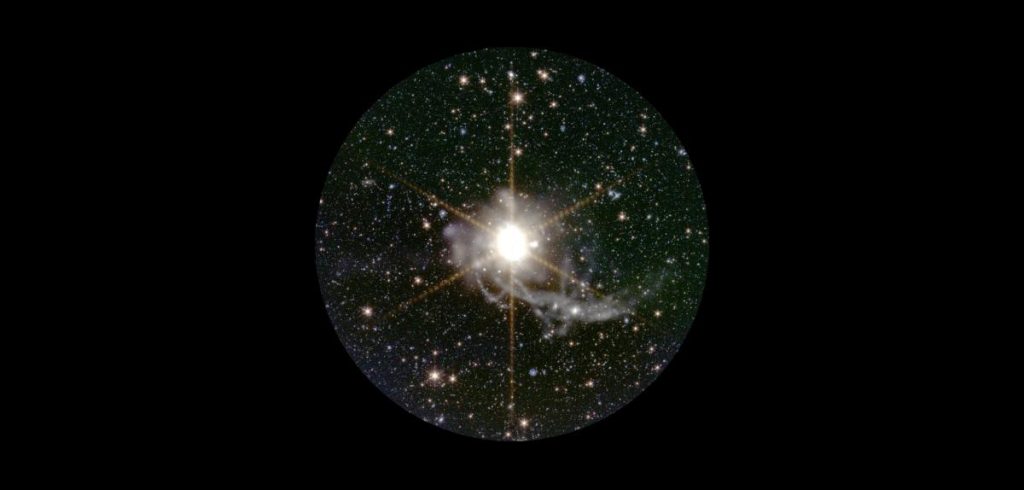On November 2, the European Space Agency (ESA) officially approved the ARRAKIHS mission the first mission of ESA’s Science Programme led from Spain with sights on being launched in 2030.
The ARRAKIHS mission (which is an acronym that stands for “Analysis of Resolved Remnants of Accreted galaxies as a Key Instrument for Halo Surveys”) was submitted for ESA’s F-Missions (Fast Missions Opportunities) in February of this year, and its performance involves the participation of an international consortium that includes research centers in Spain, Switzerland, United Kingdom, Belgium, Sweden, Austria and the United States, in response to the announcement of opportunity published by ESA in December of 2021. Later, in July, it received the support of the Ministry of Science and Innovation after its approval as part of ESA’s PRODEX program, managed by the Centre for the Development of Industrial Technology (CDTI).
More specifically, the mission is coordinated from the Institute of Physics of Cantabria (IFCA), the combined center of the Spanish National Research Council (CSIC) and the University of Cantabria (UC). The research team in charge of ARRAKIHS will be led by Rafael Guzmán, CSIC researcher, member of the Observational Cosmology and Instrumentation group of the IFCA and a professor at the University of Florida, the Complutense University of Madrid (UCM), the Institute of Astrophysics of Andalusia (IAA-CSIC), the Institute of Space Sciences (ICE-CSIC), the Center of Astrobiology (CAB, INTA-CSIC) and the Centro de Estudios de Física del Cosmos de Aragón (CEFCA), in collaboration with the industry.
Its main goal is the study of dark matter in the universe, which might be up to five times more abundant than ordinary matter. Due to its properties, it is very hard to detect it directly and, for now, we are only aware of its existence through its gravitational effects. It is precisely these effects on the satellites orbiting the halo of galaxies such as our Milky Way the ones that ARRAKIHS will be able to discover and characterize in order to reveal the nature of dark matter.
The minister of Science and Innovation, Diana Morant, has stated that knowing dark matter will allow us to better comprehend our universe.





